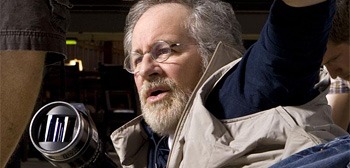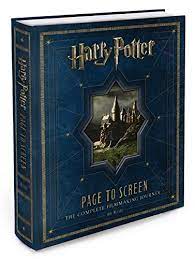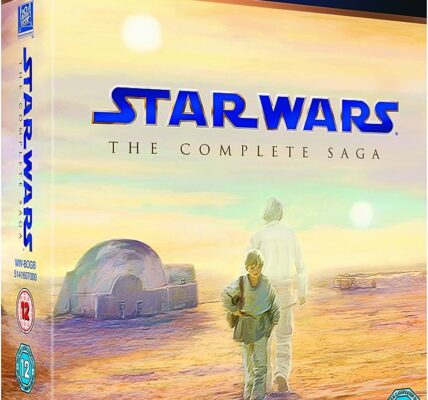As a pandemic sweeps the globe, turning the inflicted into the fast-moving, blood-hungry living dead, UN employee Gerry Lane (a solid performance from Brad Pitt) is dispatched on an international race against time to find a cure. As he travels from warzone to warzone, desperately searching for answers, the zombie war fells governments, decimates countries and threatens the very existence of the human race.
Not read Max Brooks’ superb novel World War Z? Never fear, as that actually puts you at a huge advantage; those unfamiliar with the stunning source material will be blissfully unaware that the guts have been ripped out of Brooks’ original vision. Whereas the book is an intelligent, multi-layered and deeply human account of the effects of a zombie war, this adaptation has stripped down the narrative and flattened the themes so it fits squarely into the standard blockbuster mould. It is, despite the obligatory 3D, a resolutely one-dimensional experience, verging on boring at times. This particularly includes the plodding, trite third act, which was rewritten and reshot after the film, at which time it looks like everyone involved had run out of creative steam.
Yet, despite this disappointing treatment of Brooks’ work, World War Z is a far better film than perhaps it should be. During its long and chequered production history, the film has undergone script changes, last minute reshoots and much publicised bad relations between star Brad Pitt and director Marc Forster. It has emerged from these rocky waters as a surprisingly coherent – if utterly simplistic – summer movie, well handled by Forster. With superstar Pitt in the lead, an easy to follow narrative and stunning visuals—the swarming hoards of infected are exhilarating to watch—it has all the elements of a box office barnstormer; elements which have been well handled by Forster.
But therein lies the problem. If you’ve read Brooks’ novel it is impossible to avoid making comparisons, and here the film comes up woefully short. While certain elements remain intact—the globetrotting narrative, some characters and set ups—all of the complex social and geopolitical commentary has been completely lost. While Brooks explored the cultural fallout of a war with the undead, touching on issues of human rights, suspect foreign policy and economic disparity, the film eschews all of this intense introspection for flat-out mayhem and carnage.
That the book is set after the end of the zombie war allows it to reveal its story through the retrospective accounts of survivors and those directly involved in the conflict and its aftermath. This benefit of hindsight gives rise to an exploration of the inconsistencies of warfare and the consequences of decisions both personal and political, and gives the story a cultural resonance that goes way beyond its genre roots. In complete contrast, the film plays out as the pandemic is sweeping the planet, when people are reacting through panic and desperation as they grasp for solutions.
True, it would be virtually impossible for anyone to condense this complex story into a feature running time; although, frustratingly, J Michael Straczynski’s original screenplay has been described as a masterpiece by those who have seen it. Screenwriters Drew Goddard and Damon Lindelof have certainly created a straightforward storyline, but it’s one in which Gerry evolves into a striding United Nations action hero who, rather than being a passive vessel for diverse historical account, drives his own story. And so, as the narrative becomes about him and his personal quest to save the world, it is entirely devoid of the global perspective that gave the book such undeniable power.
It’s not just the narrative changes that have diluted World War Z; that it’s been made with a wide (and young) audience in mind—as underscored by its 15 certificate (PG-13 in the USA)—means that it has effectively been neutered. Just as the zombie war is distilled into one (American) man’s globetrotting search for salvation, so too the zombies themselves have been dumbed down. Seen mainly from afar, they are a swarming viral mass which, while visually impressive, is not particularly terrifying. When we do see them as individuals, they are gurning, snapping, comedic caricatures.
Similarly, the only time we see the zombies attack in close-up, when the virus is first sweeping Philadelphia, a bite on the hand results in a neat row of teeth marks, rather than the expected bloody stump. Indeed, throughout the film the camera continually cuts away at the moment of impact, serving the certificate rather than the story in a way that is obvious, distracting and deeply frustrating.
Judged by summer blockbuster standards, and taking the book out of the equation, World War Z is a competent, epic no-brainer that will undoubtedly find an appreciative audience. But those hoping for an adaptation worthy of its game-changing source will find this to be a pale imitation that lacks scope, heart and ambition and is—visually, narratively and thematically—entirely toothless.











